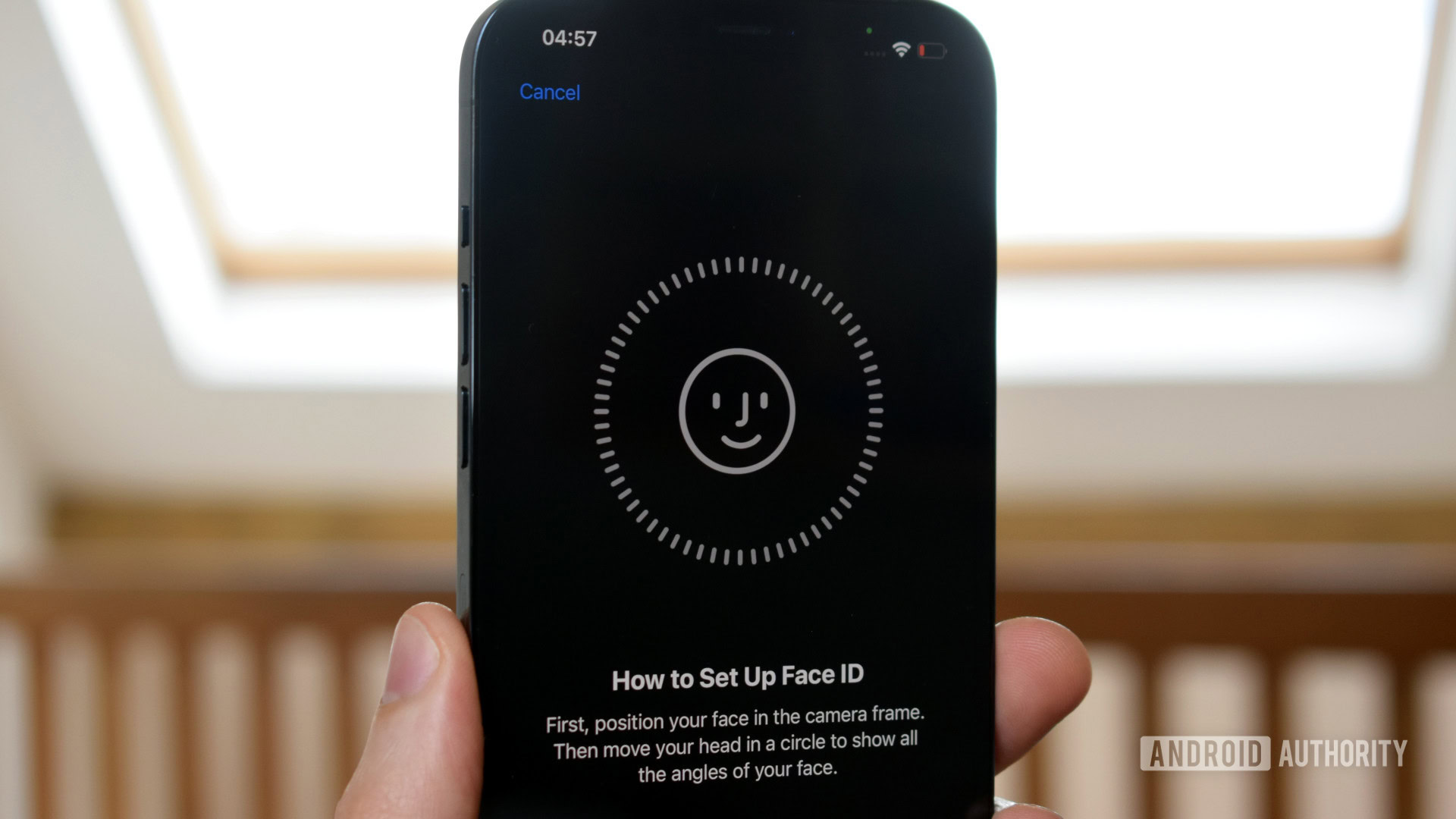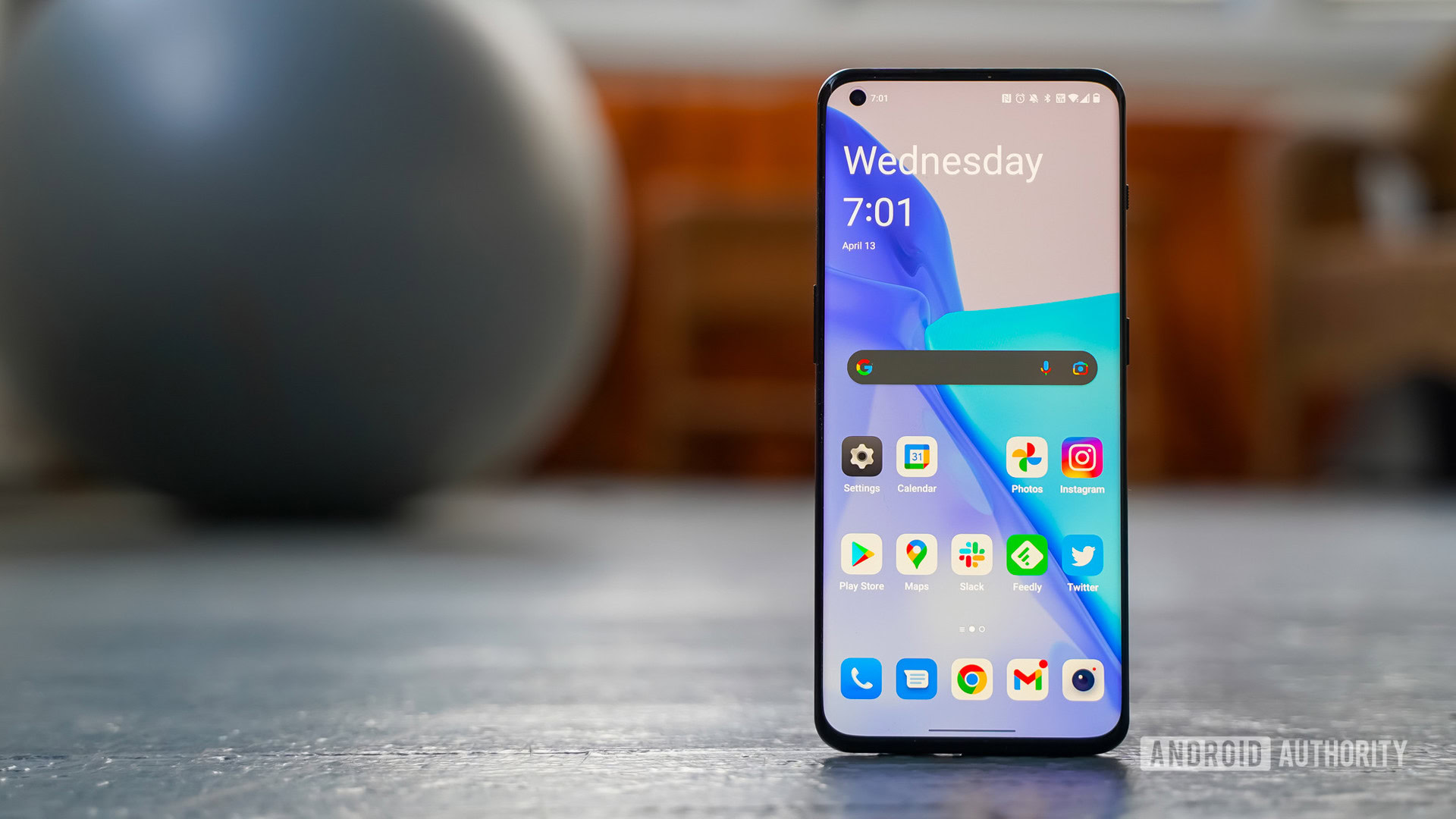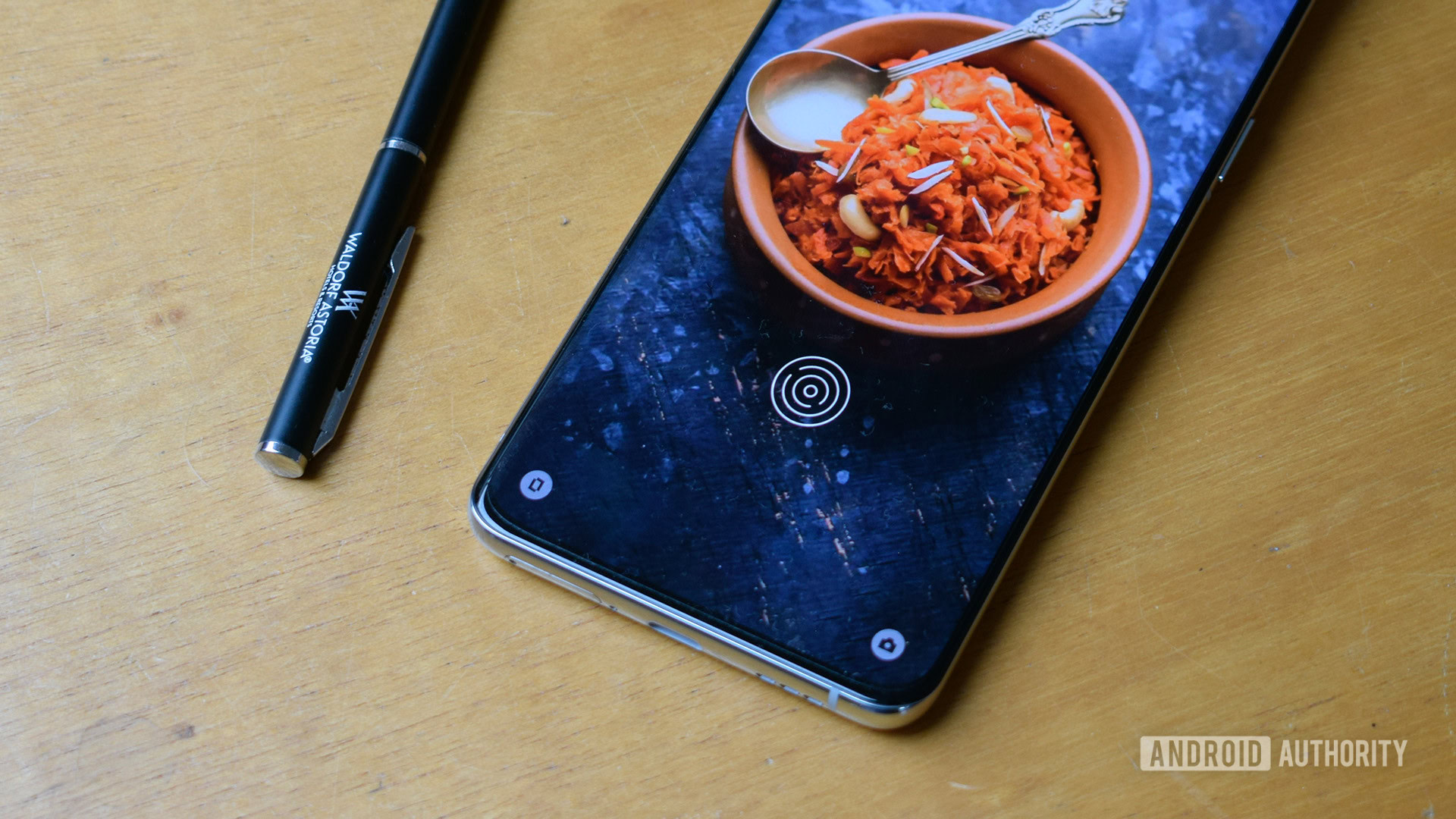Affiliate links on Android Authority may earn us a commission. Learn more.
I prefer Android face unlock to Apple's Face ID for one simple reason
Published onMay 7, 2022

Apple’s Face ID has long been the gold standard for facial recognition. Its 3D system maps thousands of tiny dots on your face to develop a secure profile that’s tough to crack. On the other hand, most Android face unlock uses a combination of the selfie camera and advanced algorithms to grant access to your device. While Face ID may have the edge in overall security, I prefer Android’s approach for one reason — pure laziness.
Learn more: Here’s how facial recognition works on smartphones
No, I’m not calling Android developers lazy. I’m calling myself lazy. The less I have to do to access my device, the better. I’m more than happy to mix weaker facial recognition with other, more capable biometrics for the sake of speed.
Swiper, no swiping

What is my reason for choosing Android facial recognition over Face ID? It’s simple — I don’t have to swipe to unlock my phone. If you’ve used an iPhone with Face ID, you’ll know that you have to wait for the sensors to recognize your face and then swipe up to unlock your phone. Those precious seconds and extra steps make Android face unlock feel practically instantaneous by comparison. You can require a swipe to unlock your phone if you want to, but I’m loving life without it.
Apple's extra hoop to jump through is more effort than I'm interested in.
I’ll admit that I usually stick to the fingerprint reader when I pick up a new Android phone, but I decided to try face unlock with the OnePlus 10 Pro. The setup process couldn’t be easier, and you can always toggle which features accept face data and which do not. For example, I’m allowing face unlock to enter my phone, but I’ve restricted other features like my Private Safe to my fingerprint.
Security insecurity

While I’m all-in on Android’s facial recognition for its raw speed, it’s important to note its shortcomings. The selfie camera approach means that you can’t use face unlock for Google Pay purchases or other secure transactions. Instead, you’ll need to rely on your fingerprint reader or type a PIN or passcode. Of course, the more advanced fingerprint readers on most Android flagships mean you have no shortage of biometric options.
See also: Apple gave me Touch ID on a 2022 iPhone, but I want more
I won’t argue that Android face unlock is more secure than Face ID, nor that Face ID is perfect. In fact, some of Android’s facial recognition is easier to dupe as it’s not searching for thousands of points on a 3D map. There are, of course, a few Android phones that offer more secure 3D mapping — the HONOR Magic 4 Pro and select HUAWEI Mate devices spring to mind. These devices offer the best of both worlds in that you get more secure unlocking protections, but you still don’t have to swipe.
However, a mix of biometrics and passcodes is the best way to protect your sensitive information, so it makes sense to take advantage of speed where you can get it. Give me facial recognition to unlock my phone and fingerprints or PINs for everything else. It’s a similar idea to OnePlus’ Private Safe, where you can lock pictures, documents, and other files behind an extra layer of security. For example, if I’m streaming Spotify to speakers around my home, but a family member wants to play a song, it’s easy enough for them to flash my phone in front of my face to unlock it. They could look up a song or ask Google a quick question, but sensitive financial apps and the like remain under lock and key for my use only. It’s an extra step for some apps, but it makes life easier overall.
If Android OEMs pivot back to IR-based facial recognition without a swipe requirement, maybe we’ll have a new race on our hands. Instead of gunning for the fanciest camera, it’ll be a quest to perfect face unlock across the board. What do you think? Do you prefer Apple’s lock-down approach? Or do you feel the need for speed?